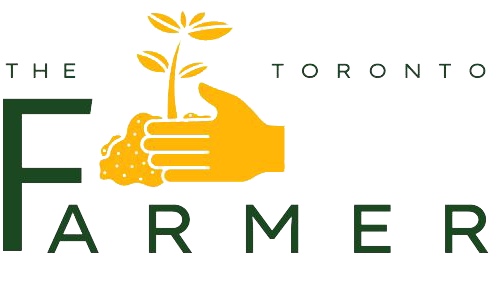
What You Should Know When It Comes to Starting a Food Business in Toronto
Toronto’s dynamic and culturally diverse food scene presents exciting opportunities for aspiring restaurateurs and food entrepreneurs. However, it’s essential to acknowledge that success in the food industry doesn’t come easy.
With its high failure rates and intense competition, Toronto poses significant challenges. Nonetheless, armed with meticulous planning, unwavering passion, and insider insights, it is indeed possible to launch and nurture a flourishing culinary venture in this renowned food destination.
In this comprehensive guide, we will take you step by step through the essential considerations and actions required when starting a food establishment in Toronto.
Learn More about Toronto’s Food Market
Toronto stands as one of the world’s most multicultural cities, boasting a diverse population hailing from various corners of the globe. Consequently, the city’s food market is exceptionally diverse, featuring an extensive array of cuisines and food products.
Recent reports indicate that the Greater Toronto Area’s population is projected to grow by approximately 2.6 million, reaching an estimated 7.45 million people by 2031.
This substantial population growth is expected to fuel demand for new food businesses, particularly those that cater to specific ethnic groups or dietary preferences.
Understanding and catering to this diverse and expanding market is a crucial consideration for aspiring food entrepreneurs in Toronto.
Come Up with a Solid Business Plan
Your food business’s success hinges on a well-defined business model. Key decisions include choosing between a brick-and-mortar establishment, a mobile food truck, or a catering service. Equally important is identifying your target market, establishing your unique selling proposition, and setting a pricing strategy.
Also, financial projections are critical. You must calculate startup costs, and project revenue over the initial years, and create cash flow statements. This process helps you determine the necessary initial investment and expected income in the early stages.
Lastly, your marketing strategy plays a pivotal role in promoting your food business to your target audience. Develop branding, advertising, and social media strategies. Moreover, set your business apart from competitors and outline how you’ll attract and retain customers.

Comply with Legal Requirements
Starting a food business requires you to register it with the government. You have a few options when it comes to registration: sole proprietorship, partnership, or company. A sole proprietorship is the simplest choice, especially suitable for small startups.
If you’re running a sole proprietorship under your own name, you typically don’t need to go through a separate registration process.
In Toronto, food businesses are subject to specific food safety regulations outlined in the Ontario Food Premises Regulation, the Health Protection and Promotion Act, and Toronto’s Licensing By-Law No. 545. To operate legally, you must obtain a “PASS” status from Toronto Public Health, which is part of the DineSafe program.
Additionally, individuals responsible for serving and handling food are required to obtain food handler certification through Toronto Public Health. These measures ensure that food businesses in Toronto maintain high standards of safety and hygiene.
Pick a Strategic Location
Choosing a strategic location is key to your food business’s success. Your business’s location impacts factors like foot traffic, accessibility, and its overall appeal to potential customers.
Before you settle on a location for your food business, you should first conduct thorough market research. This research helps you identify your potential customer base, the existing competition, and prevailing trends in the area.
To conduct effective market research, consider the following steps:
- Gather feedback from potential customers through surveys to understand their preferences and opinions about your product.
- Analyze demographic data, income levels, and spending habits in the area to gauge the market’s potential.
- Attend local farmers’ markets, food festivals, and other food-related events to observe your competitors and take note of emerging trends.
- Dive into online resources like reviews and social media to gain insights into existing food businesses in the vicinity.
By diligently conducting market research, you’ll be well-equipped to make informed decisions regarding the location of your food business. Moreover, this information will enable you to tailor your product to meet the precise needs and preferences of your potential customer base.
Come Up with a Solid Customer Service Strategy
For food business owners in Toronto, crafting a top-notch customer service strategy is paramount in nurturing a loyal customer base. A well-executed customer service approach not only entices new patrons but also ensures the retention of existing ones.
Cultivating customer loyalty is a cornerstone of your food business’s prosperity. To achieve this, consider the following:
- Ensure your staff receives comprehensive training and possesses in-depth knowledge about your products. Encourage them to exhibit friendliness, helpfulness, and attentiveness to cater to customers’ needs effectively.
- Incentivize repeat business by offering promotions and discounts that reward loyal customers while also attracting new ones.
- Take customer feedback seriously; it’s a valuable asset. Actively listen to customer input and utilize it to enhance your products and services continuously.
- Utilize social media platforms to interact with your customer base. Promptly and professionally respond to comments and queries, fostering a sense of community and trust.
By implementing these customer-centric strategies, you’ll be well on your way to building lasting relationships with your customers and ensuring the long-term success of your food business in Toronto.

0 comments on “What You Should Know When It Comes to Starting a Food Business in Toronto”